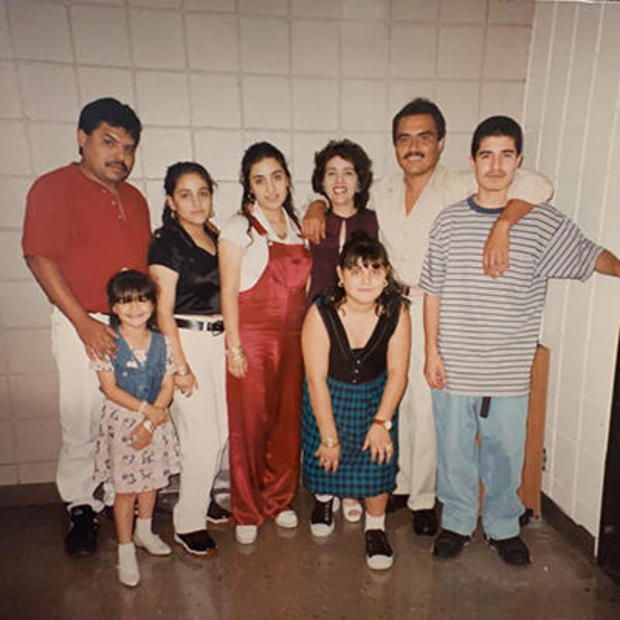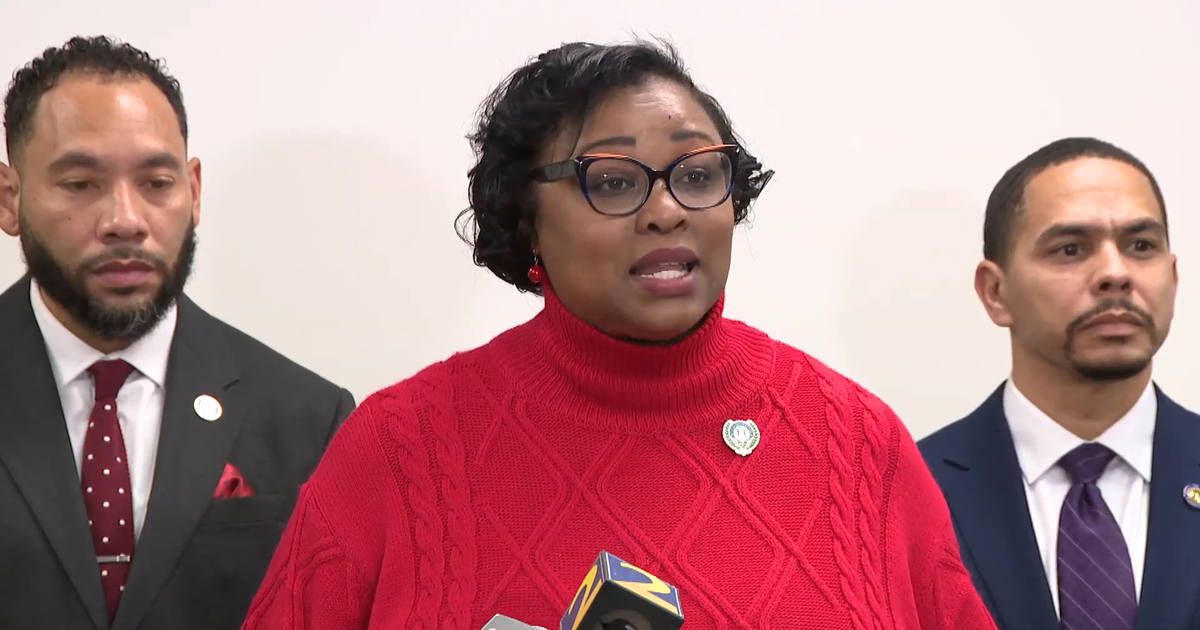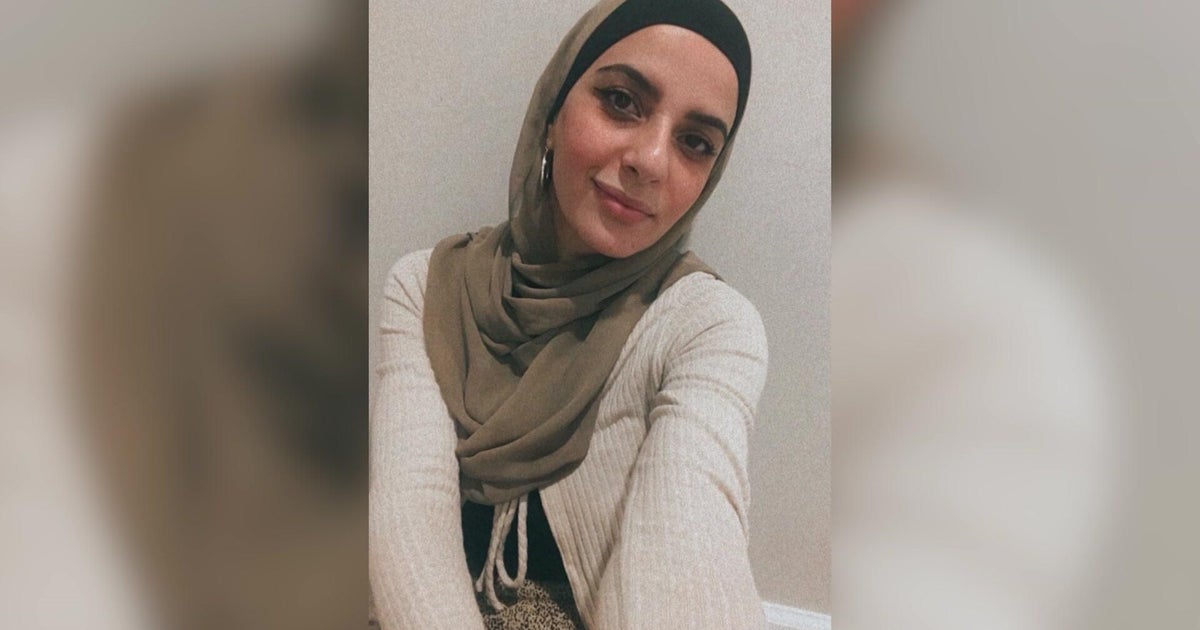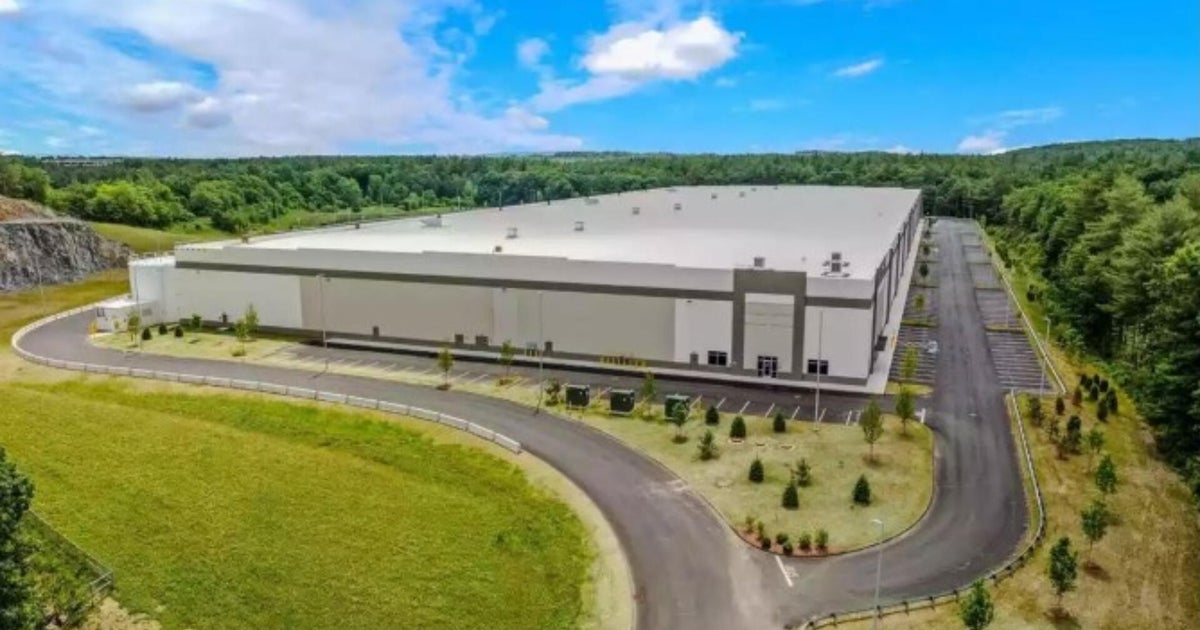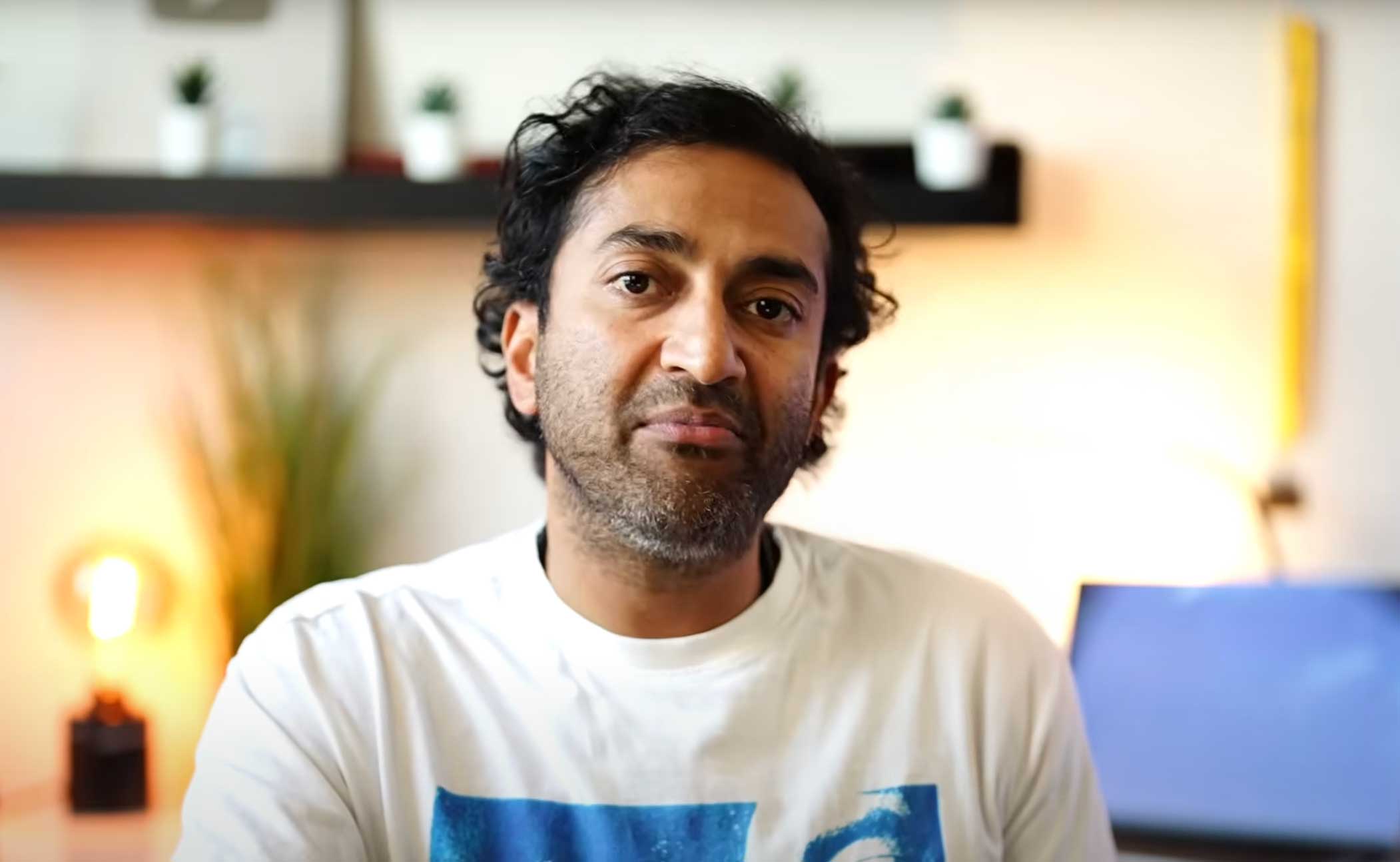Questions surround COVID-19 vaccine timeline for immigrants in ICE custody
Krystal Chavez, who was a toddler when her father started his prison sentence in the early 1990s, said she was looking forward to hugging him for the first time outside of a detention facility. Martha, her sister, said she was hoping her father could finally meet his grandchildren.
The U.S. citizen sisters did not get those opportunities.
Their father, Cipriano Chavez-Alvarez, 62, had his life sentence for a non-violent drug conviction cut short by a federal judge who ordered his compassionate release from prison last July. U.S. District Court Judge Neil Wake said Chavez-Alvarez's underlying medical conditions — which included lymphoma, kidney disease and diabetes — placed him at higher risk of "serious injury or death" if he contracted the coronavirus while incarcerated.
But instead of being released to his family in Arizona, Chavez-Alvarez was transferred to Immigration and Customs Enforcement (ICE) because the U.S. government sought to deport him to his native Mexico. He fell ill from the coronavirus and was hospitalized after two weeks in ICE detention. In late September, after a hospital room video call with his daughters, Chavez-Alvarez died of COVID-19 complications.
"I was extremely angry because his death could have been prevented," Martha told CBS News. "When ICE picked him up at [the federal prison], they looked at his records. They knew he was a compassionate release ... Why not protect him? And not just him, protect everyone."
Krystal said she was "devastated" when Martha told her of her father's passing. "It's 30 years later, and I start thinking about that first hug, that first interaction — and it just goes away," she told CBS News.
Like jails and prisons across the U.S., ICE detention centers have become hotbeds of infection, with the agency reporting more than 8,800 coronavirus cases among immigrants in its custody since the start of the pandemic. Eight detainees, including Chavez-Alvarez, have died of coronavirus complications, according to ICE data.
Now that two vaccines have been approved in the U.S., public health experts have been calling on federal and state authorities to quickly start vaccinating ICE detainees and other incarcerated populations.
"The situation for people detained by ICE is dire. Folks are being infected at a rate probably 13 times higher than the general population," Peter Lurie, a former associate commissioner of the Food and Drug Administration (FDA), told CBS News. "They should be high priority people for vaccination."
While ICE officials have vowed to offer all immigrants in their custody coronavirus vaccines, they have yet to say when doses will be available to more than 15,000 current detainees. Like the federal prison system, ICE has prioritized offering vaccines to personnel at its detention facilities, including health care workers.
"We're working with state and local health departments to ensure that the ICE detainee population is not forgotten about and that ultimately they get vaccinated should they choose to do so," Henry Lucero, the ICE official in charge of the agency's sprawling detention system, told reporters last month.
Lucero said ICE did not have a "direct timeline" for vaccinating detainees.
ICE spokesperson Danielle Bennett said the agency's health care workers were contacted last month to schedule vaccinations through the Department of Veterans Affairs. States, Bennett said, will determine when ICE detainees are vaccinated.
Last month, the Centers for Disease Control and Prevention (CDC) recommended that correction officers be immunized alongside millions of other front-line workers and people over the age of 75 as part of the second round of vaccinations, following health care personnel and nursing home residents.
The non-binding guidance, approved by a federal advisory panel, did not include incarcerated people in the second or third rounds. But the CDC posted a notice saying state and local authorities could consider vaccinating detainees alongside detention facility staff.
Infectious disease experts Carlo Foppiano Palacios and Mark Travassos wrote in the New England Journal of Medicine last month that giving states control over vaccine prioritization could jeopardize the health of immigrant detainees, "given the crush of competing interests for the limited vaccine lots available." They found that out of 36 states with vaccination plans, only one — Louisiana — specifically included immigrant detainees.
"Vaccinating detainees is both good medicine and a humane approach to a completely disenfranchised population," Foppiano Palacios and Travassos wrote.
Lurie, the former FDA official and now president of the Center for Science in the Public Interest, said the immigration status of ICE detainees should not play a role in their access to vaccines.
"The main thing that matters is whether or not the person has a need. And these folks incarcerated in these ICE facilities most certainly have demonstrated need for a vaccine," he added.
While she believes releasing detainees is the best way ICE can protect them from the coronavirus, Ranit Mishori, a Physicians for Human Rights medical adviser, said a vaccination program should be implemented quickly. She said ICE should consult with public health experts to ensure the plan is effective, highlighting concerns about its medical services, which have been criticized by government watchdogs, Congress and outside groups.
ICE detains immigrants for civil immigration violations — not criminal offenses — and has broad authority to release people in its custody since they are not serving sentences imposed by a judge. President-elect Joe Biden's team has pledged to end for-profit immigration detention and expand other alternatives, like community-based programs designed to make sure immigrants attend court appointments.
Mishori predicted that distrust between ICE and its detainees could hamstring vaccination efforts. As part of a recently published report, she and other colleagues spoke to 50 former ICE detainees who described inadequate and lax COVID-19 mitigation policies inside detention centers.
"I'm very concerned about the issues of trust and fear," Mishori told CBS News. "You can't just give a vaccine without having a parallel education and communication campaign to make sure people recognize that they can say no or yes."

